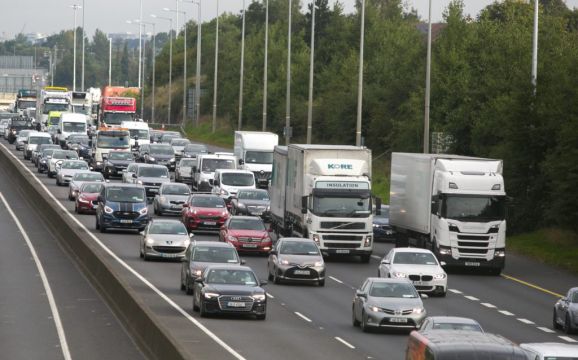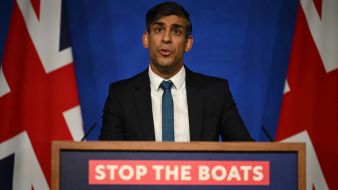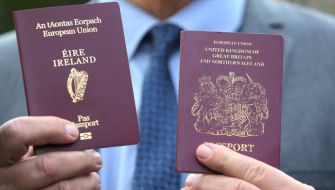Minister for the Environment and Transport, Eamon Ryan has said that he does not envisage congestion charges being introduced in the near future.
“If we try to price people off the road, that wouldn't work. It wouldn't be socially just. It would be very expensive on the motorist. I don't think that's the best way to go,” he told RTÉ radio’s Morning Ireland.
“I think the best way to go is to reallocate the road space, so you have a really effective public transport system and give the space for the cyclists and pedestrians that allocation of space rather than price people off the road. I think it's the first step on the way to go.”
Mr Ryan said that Government plans were about making the transport system work for everyone. Having an effective transport system was also part of the climate solution to reduce the use of cars and stop burning fossil fuels.
“Part of that will be also shifting towards public transport, towards safer walking, active cycling and other modes. And it's a medium to long term strategy.”
Mr Ryan has said the new strategy 'Moving Together' was about making transport work for everyone and it was not anti-motorist or cars.
The strategy does put a lot of choice on local authorities, he acknowledged.
“It's not forcing and things not making a major decisions. It's not putting an immediate charge on anything. But it does recognise that the current system, because it is so gridlocked. In Ireland, we've had a car dependent system for 60 or 70 years, we've reached the end of the road to that, and we do need to change direction, but also we do need to address climate change.”
Mr Ryan said that strategy did not want to shame or price people off the road, it was aimed at providing “better, quicker” transport alternatives. “Rural bus services are taking off in this country and the public are responding in incredible way.”
If car traffic could be reduced it would give more road space and allow buses to move faster and more efficiently.
“If we can reduce the traffic and give the road space so the bus goes quicker, that works better for everyone. People can switch, which they want to do, onto public transport. You have less cars, less gridlock, less emissions.
"It's a switch of direction away from ever lengthening commutes, ever longer commutes towards planning our country, planning our towns and cities so it's easier to get around so that the shorter distances so that we really clever how we manage transport. That's with this plan.”
When asked about penalties for local authorities that do not implement the transport strategy, Mr Ryan said the main penalty would be that they would miss out on the budget that will be allocated to improving transport services. “The better bus systems, the better active travel networks. Obviously, that's where the money is going to go to.”
The timeline for the strategy is that it first go to public consultation, he explained. This will allow times for the public and councils to respond. The aim is to listen and respond “because this can’t be forced, it can’t be punitive.
“It has to be a recognition that by switching away from a system which is gridlocked, congested, polluting, with high accidents towards one which is much more social, which is much, much more effective transport system, it's that's positive change we need to make.
“We've reached the end of the road on a car dominated just more and more and more and more traffic will not work for our country. So first thing is we have to consult and listen to other people. There are measures that will come in quickly, but the majority of this is for the coming next two, five, ten years.”
The job of politics was to persuade, he said. Change was never easy, especially when it came to transport as car dependency was embedded in planning over the years.
“We’ve allowed the sprawl of our cities, we've allowed corrupt rezoning to actually create a car dependent system, and that's hard to undo. And that's why it's can't be a punitive response. It has to be a progressive, better alternative response. So it does take time.”







